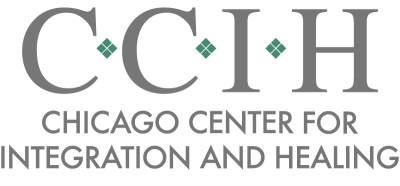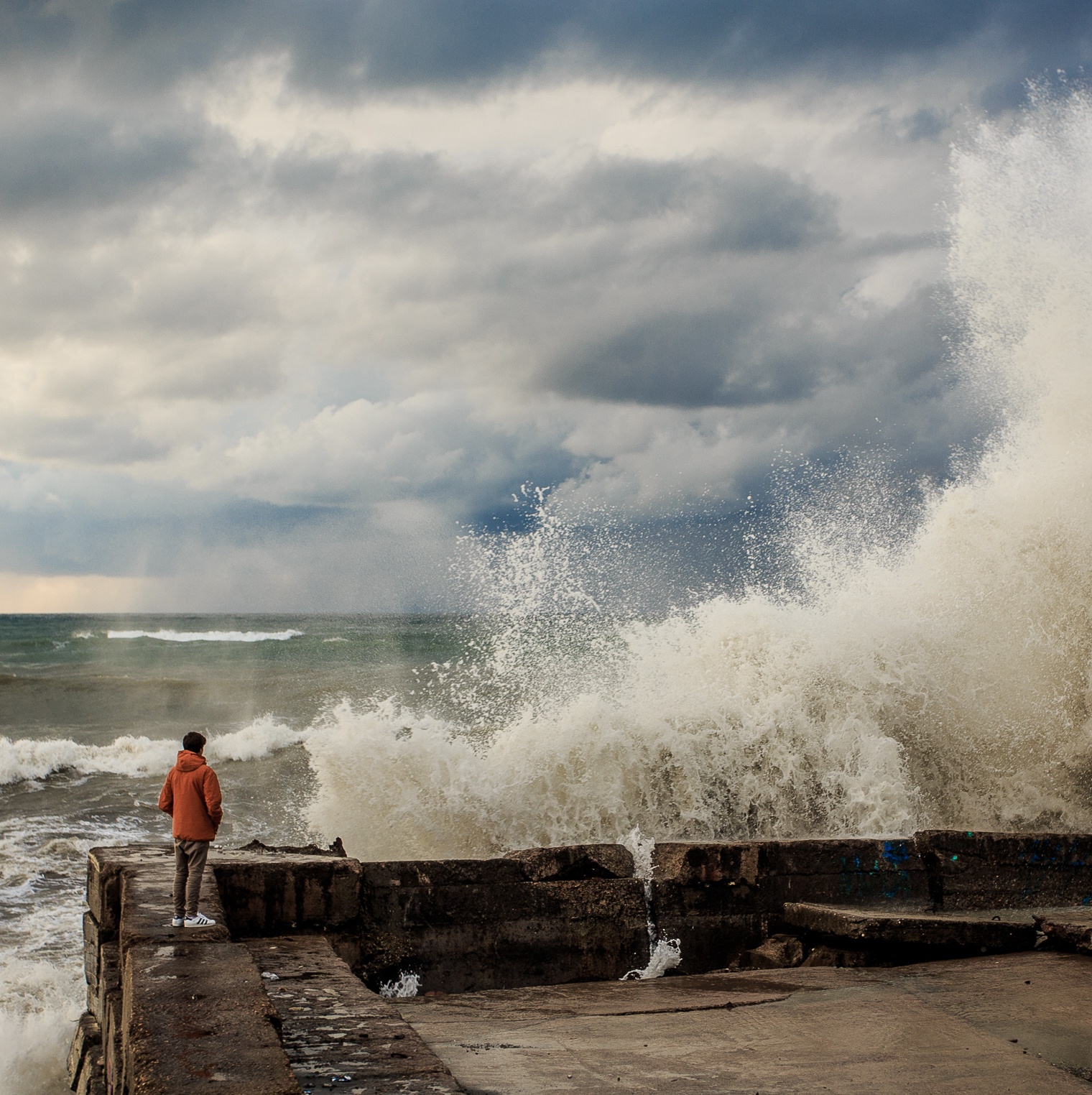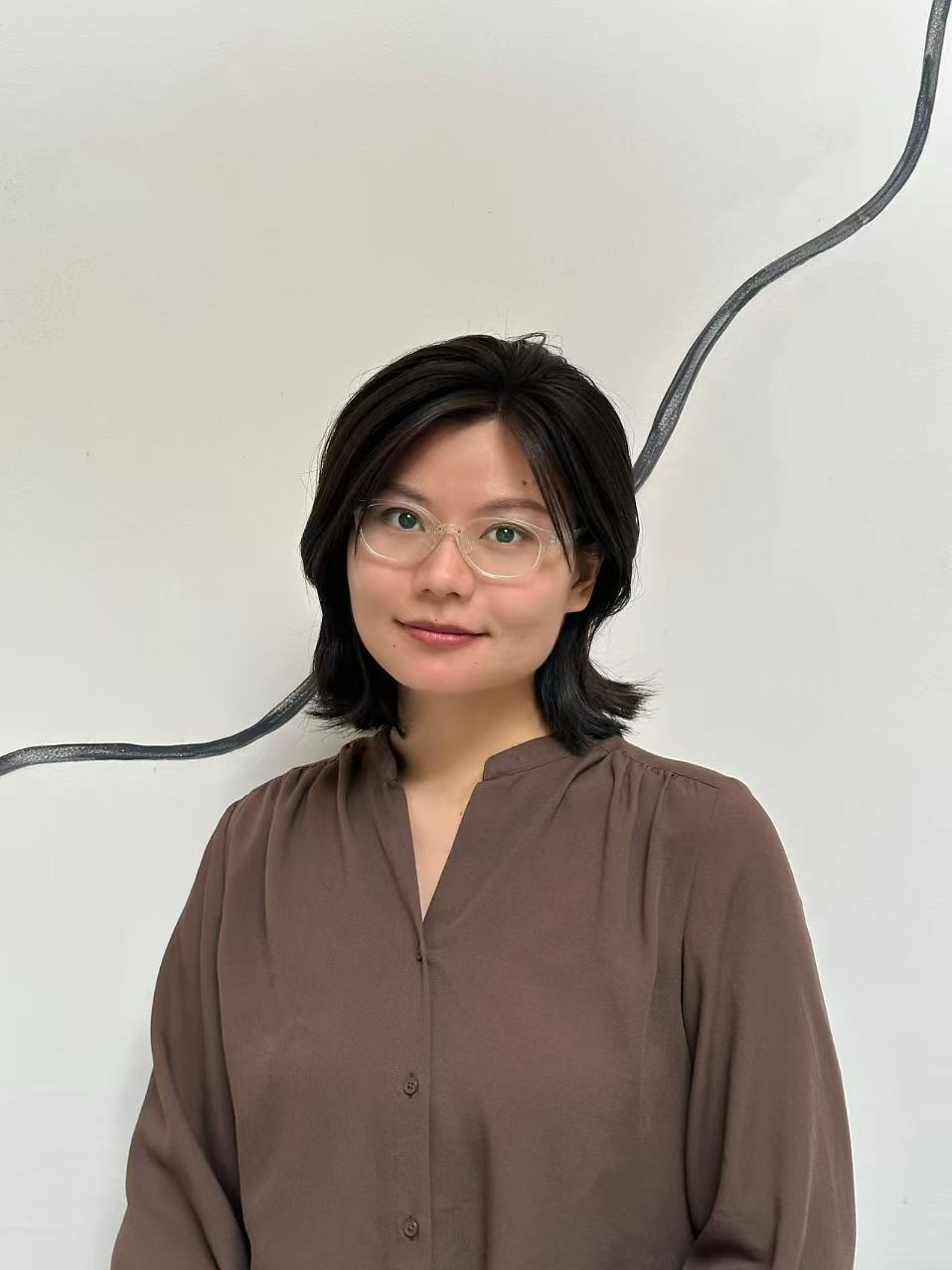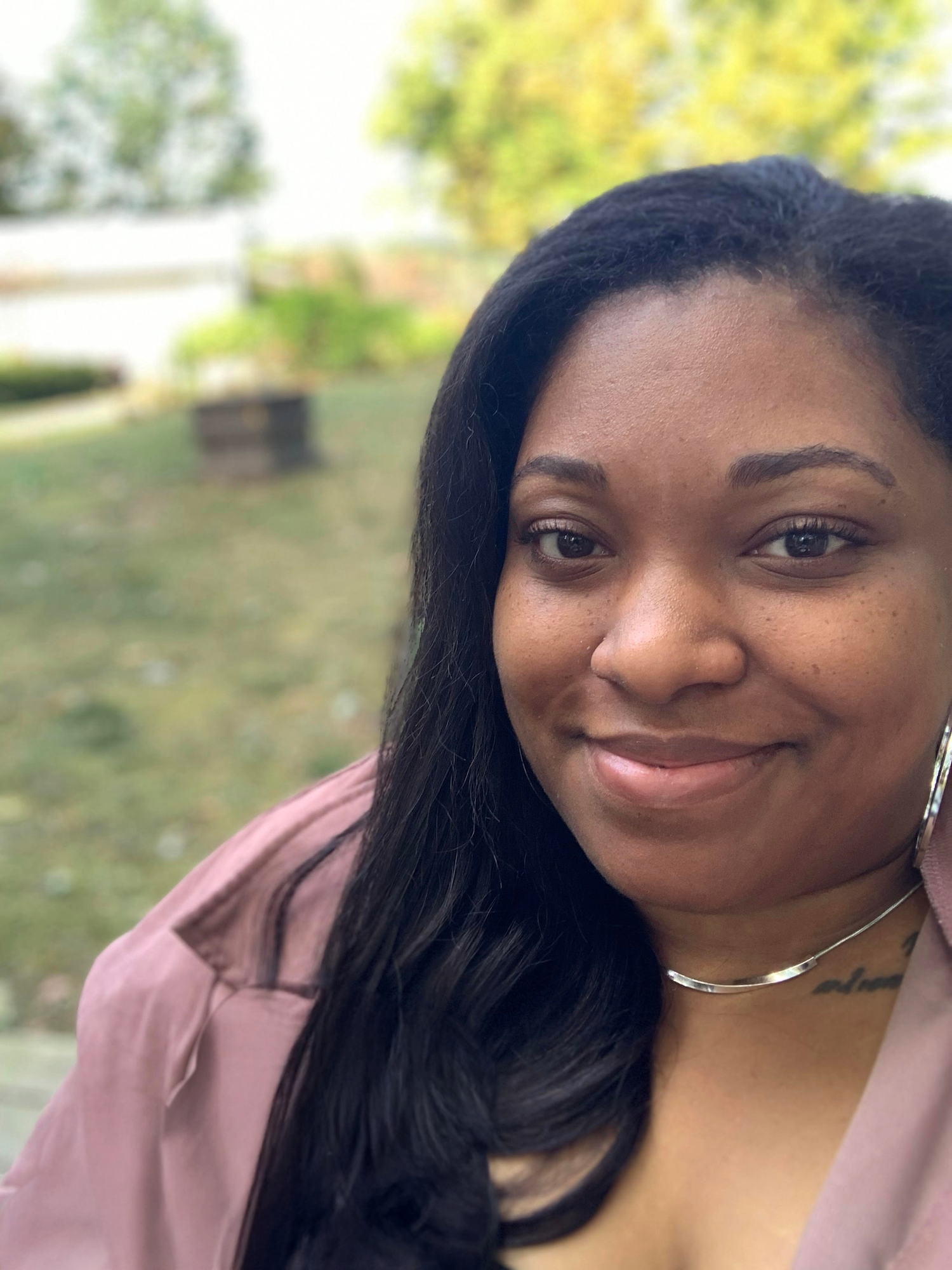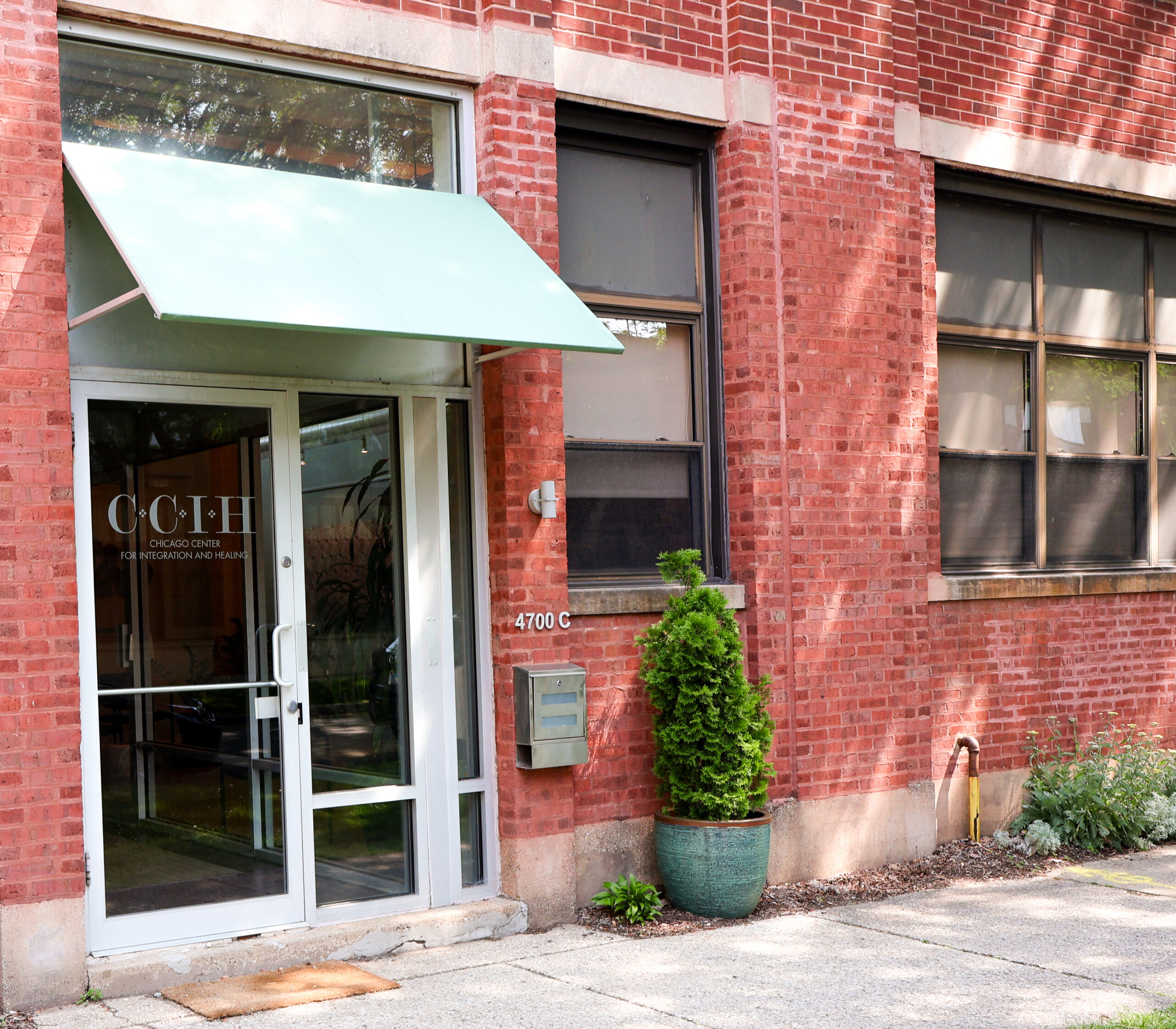“I don’t want to be here anymore.”
These words strike fear in the hearts of all therapists. They remind us of the reality that pain may be so deep and pervasive that someone would think of ending their life. They also raise questions of our legal and moral responsibility for the lives of others. The possibility of involuntary hospitalization and a history of litigation related to suicide also adds a unique layer of challenge to therapists.
This month I had the opportunity to explore the experience of sitting with suicidal clients with the therapists at LifePath Therapy Associates in Chicago. It was an honor to share openly and honestly about our own feelings, fears and trauma responses in the face of suicidal feelings. Our conversation was able to move past the more concrete notion of “suicide contracts” and “risk assessments” into the human experience of working with those who consider suicide as a solution to their suffering.
As a trauma-informed therapist, I understand suicidal thoughts and behavior to have meaning and function. They are a resourcing strategy, an individual’s attempt to manage chaotic inner experience. Not only is it our job to assess for and treat risk, but also to use our ongoing treatment to understand suicidal thoughts and action as a meaningful strategy for dealing with painful history and the challenges of daily life.
As therapists, it is important for us to stay in conversation and support one another in this work: Are we responsible for saving people’s lives? What are the social and emotional factors that would contribute to someone’s desire to end their life? How do we manage the stress of these intense feelings?
I think it is important that we continually consider these questions. At CCIH, one way in which we plan to continue this conversation in an upcoming workshop on July 15, 2022–I hope that you will join us.
